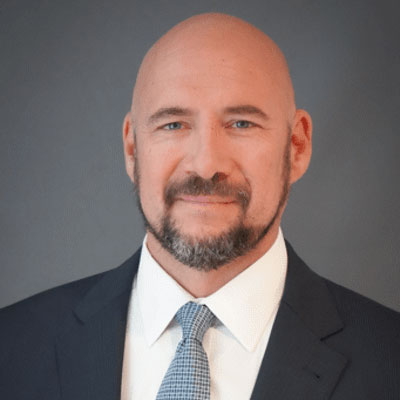Fraud litigation involves serious allegations that can jeopardize reputations, disrupt operations, and result in significant financial loss. From misrepresentation in business deals to complex schemes involving wire fraud or corporate misconduct, these cases often require swift, strategic legal action. Whether you’re the victim of deceptive practices or accused of wrongdoing, the stakes are high, and so is the need for experienced counsel.
Roquemore Skierski’s McKinney fraud litigation lawyers represent business owners, executives, and professionals across Texas in high-stakes fraud matters. Our clients face challenges involving corporate fraud, financial deception, investment scams, and fraudulent communications, and they rely on us to cut through complexity, protect their interests, and pursue real results.
When we take on a fraud case, we bring clarity, urgency, and a litigation strategy tailored to the facts. Whether you’re navigating claims of misrepresentation, investigating internal misconduct, or facing a federal fraud allegation, we work to uncover the truth and enforce accountability. Your reputation, your capital, and your business future are worth defending, and our approach is built to do just that.




